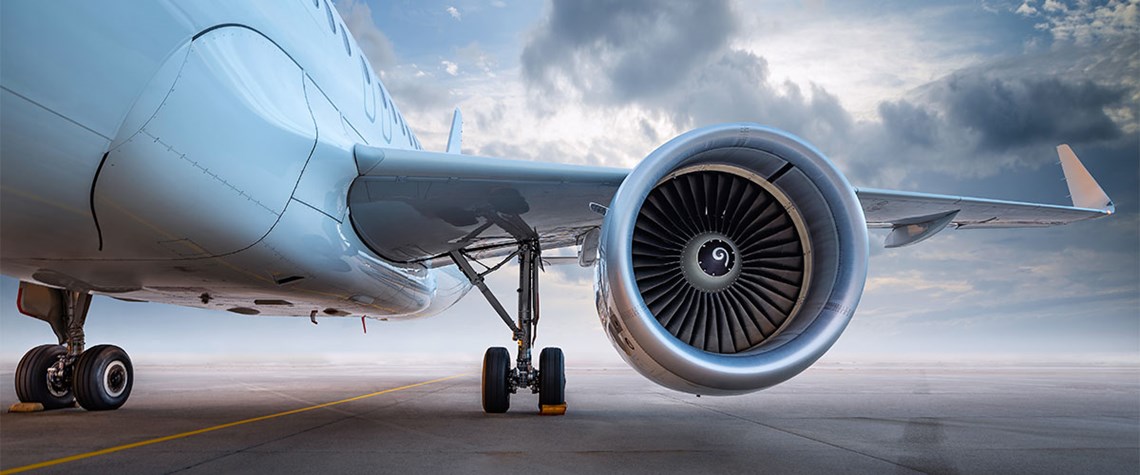Efficiency and SAF key to cutting aviation emissions
Rate of efficiency improvements must be doubled while SAF production must grow fivefold under a net-zero scenario
Greater use of sustainable aviation fuels (SAFs) and improved aircraft fuel efficiency will be the most important factors in reducing aviation sector emissions under two scenarios developed by the Mission Possible Partnership (MPP)—an alliance of climate research groups and private companies—that are consistent with a global net zero by 2050 pathway. Under both scenarios, annual fuel efficiency gains are doubled compared with historical gains and SAF production capacity is ramped up from the current 5.5mn t/yr to 40-50mn t/yr by 2030 and 300-370mn t/yr by 2050. “This transition strategy outlines plans and projects that are high on the agenda of ambitious companies, including the ‘nuts and bo

Also in this section
9 January 2026
A shift in perspective is needed on the carbon challenge, the success of which will determine the speed and extent of emissions cuts and how industries adapt to the new environment
2 January 2026
This year may be a defining one for carbon capture, utilisation and storage in the US, despite the institutional uncertainty
23 December 2025
Legislative reform in Germany sets the stage for commercial carbon capture and transport at a national level, while the UK has already seen financial close on major CCS clusters
15 December 2025
Net zero is not the problem for the UK’s power system. The real issue is with an outdated market design in desperate need of modernisation







